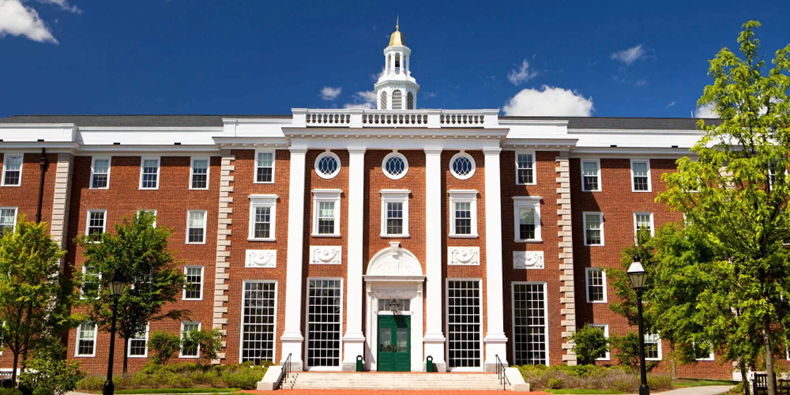Affirmative Action: An Ideological War
- Aafiza Asif
- Sep 3, 2023
- 2 min read
On June 29, 2023, the SCOTUS (Supreme Court Of The United States) delivered a historic ruling of 6-2/3 overturning the use of previously sanctioned affirmative action signifying an era of changes in the conventional college admissions process. This was met with polarizing contention from educational institutions, students, and policymakers.

Credit: Collegedunia
Background:
Since 2003, colleges have had a right to include race as a factor in the highly individualized admission process. According to data from Ballotpedia, of 577 nationwide public colleges, 109 considered race. Traditionally, affirmative action specializes in eliminating race-based discrimination and facilitating equal opportunity for every college applicant. As late as 1978, adherence to affirmative action in educational institutions included the use of quotas for certain races in order to create a diversified student body; however, the Supreme Court outlawed its use during Regents of the University of California v. Bakke.
Subsequently, Colleges modified their affirmative action policies, shifting towards a more “holistic” approach. Fundamentally, this meant students would no longer be accepted or rejected based solely on minority or racial status. Fisher v. University of Texas was one such case wherein the Supreme Court ruled that universities were allowed to consider diversity in their admission policies in order to achieve educational benefits as long as the Fourteenth Amendment was not violated.
The New Ruling:
On June 29, 2023, the Supreme Court Of The United States delivered its ruling on two parallel cases on affirmative action: Students For Fair Admissions v. President and Fellows of Harvard and Students For Fair Admissions v. The University of North Carolina. Both Universities lost by a landslide with six Supreme Court justices striking down affirmative action. “Our cases have stressed that an individual’s race may never be used against him in the admissions process,” says Chief Justice John Roberts, effectively proscribing affirmative action. On the other hand, opponents of this majority ruling, including Justices Sonia Sotomayer, Elena Kagan, and Ketanji Brown Jackson have emphasized the importance of affirmative action in ending race-based discrimination on college campuses.
Controversial Decisions:
The Supreme Court’s verdict has produced harsh contention amongst educators and policymakers, essentially creating an ideological impasse between those supporting and opposing affirmative action. Those in favor insist on the necessity of affirmative action in ending race-based discrimination in college campuses whilst providing well-rounded education and equal opportunity. Conversely, those in approval of the SCOTUS decision argue that affirmative action makes colleges more discriminatory, thus rendering it unconstitutional. In a 2023 opinion published by Chief Justice John Roberts, he compares affirmative action to “racial stereotyping” with “no meaningful endpoints.”
What To Expect:
According to a New York Times article, college admissions now have the opportunity to become more subjective for every individual. College officials predict universities that previously practiced affirmative action will be moving towards “race-neutral” admissions, including but not limited to Harvard University and the University of North Carolina. This essentially implies that students will have to take a much more personalized approach to their essays, which means discussing the impact of race and discrimination in their lives.

Comments